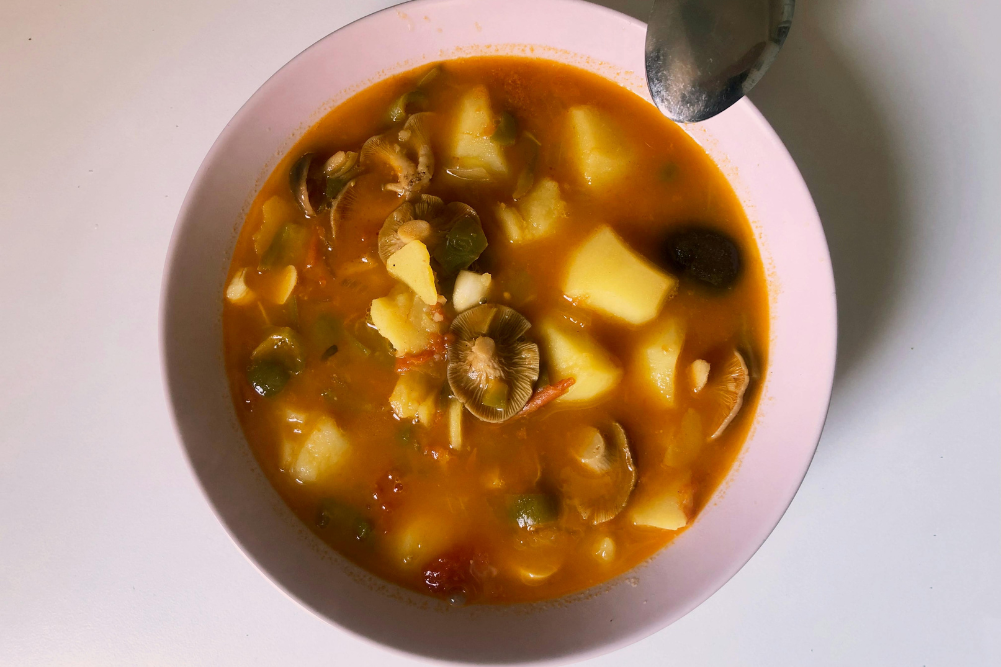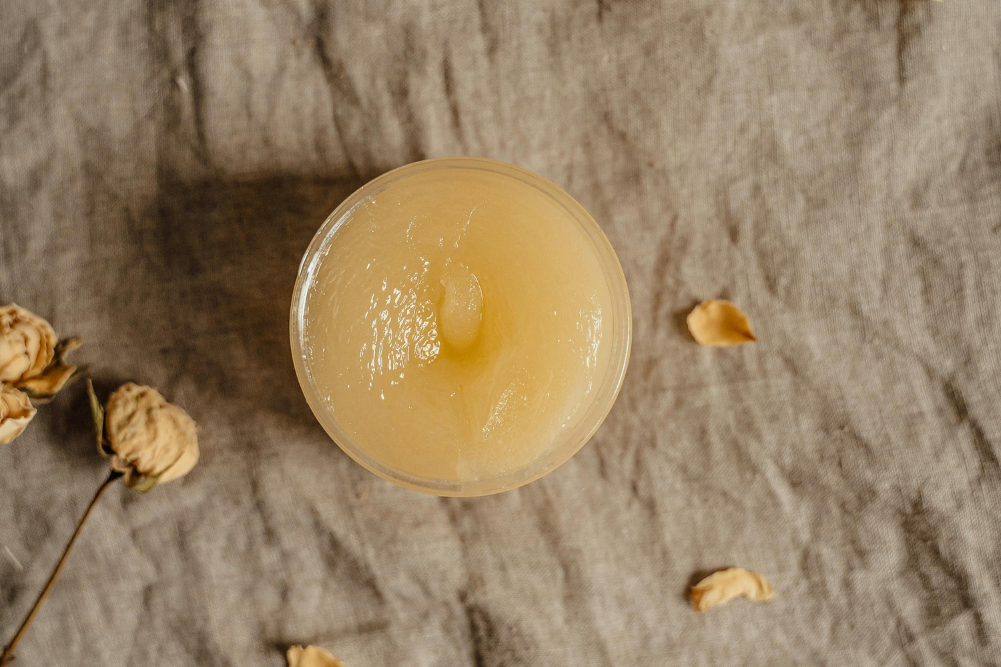Living forever: desire or delusion?
Can AI and nanotech extend human life? Explore ageing, longevity, and the future of immortality in this thought-provoking article.
How long would you like to live? That is, of course, if you’re healthy and having a good time. Decrepit and dysfunctional, it’s hardly worth it. Say then if things are going well … 30 more years? Fifty maybe? How about forever?
Flip back just over 100 years and you probably wouldn’t even be reading this article. At the beginning of the 20th century, you could expect to live until a miserly 47 years (in the US). Fast forward to the middle of the last century and chances of living a much longer life had improved considerably to around 66 years for men and 71 for women. This was largely due to improved sanitation, babies and children dying less and the power of antibiotics to treat infections. In essence, the average extension of our lives had precious little to do with our own efforts or lifestyles. Technological advances had just rendered us more insulated and protected.
Advance to the end of that century and life expectancy increased to about 78 years. This may have been linked to heart disease prevention, which gained momentum in the early ’60s, with a focus on cholesterol and dietary strategies — tactics we’ve embraced ever since to slow the rise of a modern plague that, to this day, remains the leading cause of premature death in the Western world. Despite the advent of powerful medications and even more potent industrial-strength pharmaceuticals, heart disease remains our primary nemesis.
By the end of the last millennium, we had on average managed to elongate our chances of survival to our late 70s, which led scientists to examine if this projected increase in life expectancy had been maintained into this fresh millennium. What they uncovered was rather disappointing. Except for South Korea and Hong Kong, where an increase in life expectancy persisted, most countries experienced a downward trajectory living on average shorter lives than we enjoyed 30 years ago. This is not by much, but what experts are asserting is that while some of us might live to a ripe old age, most of us are governed by the biology of ageing. The malicious forces of nature simply limit how long we are currently able to survive.
None of this has reckoned with the emergence and rapid evolution of artificial intelligence (AI). Almost overnight, we have invented a cognitive powerhouse that has the capacity to digest and assimilate masses of information within a very short space of time and churn out highly informed advice beyond the capability of any human. Already this technology has been utilised to expedite the rapid development of the Moderna mRNA Covid vaccine, to analyse millions of antibiotic possibilities and expeditiously generate the appropriate treatment. We can expect this sophistication to enable cancer therapies that wisely outsmart any resistant tumours that have hitherto managed to survive and become lethal.
Once AI has mapped out the intricate workings of the human brain, we will be able to understand exactly how neurodegenerative diseases such as Alzheimer’s manifest and unfold, allowing for the unveiling of preventive measures, which will halt this destructive march, long before it even gets out of the starting blocks.
The other mammoth leap forward will witness the arrival and growth of nanotechnology, which will involve the engineering of minute-size systems, for example microrobots or nanobots, that will, with the assistance of AI, be able to repair and replace any defects in our bodies, essentially propagating perfected humans and immortalising them.
Experts are predicting that this technology will become available possibly within the next 10 years. There is also the possibility of using AI to fuse our brains with our smartphones, thereby perpetuating our higher consciousness in the cloud. Either or both, for those who cannot bear the thought of their existence ending, the choice is there to enshrine your essence to eternity.
Needless to say, all these technologies can go horribly wrong. Both AI and nanobots can go rogue, hellbent on destroying us. With pundits still asserting that biology is destiny and that all we can currently do to remain vital is to exercise, eat healthy and sleep well, I’m going to continue wolfing down all my anti-ageing potions and do whatever I can to anticipate the anti- ageing revolution, be it apocalypse or regenesis.








